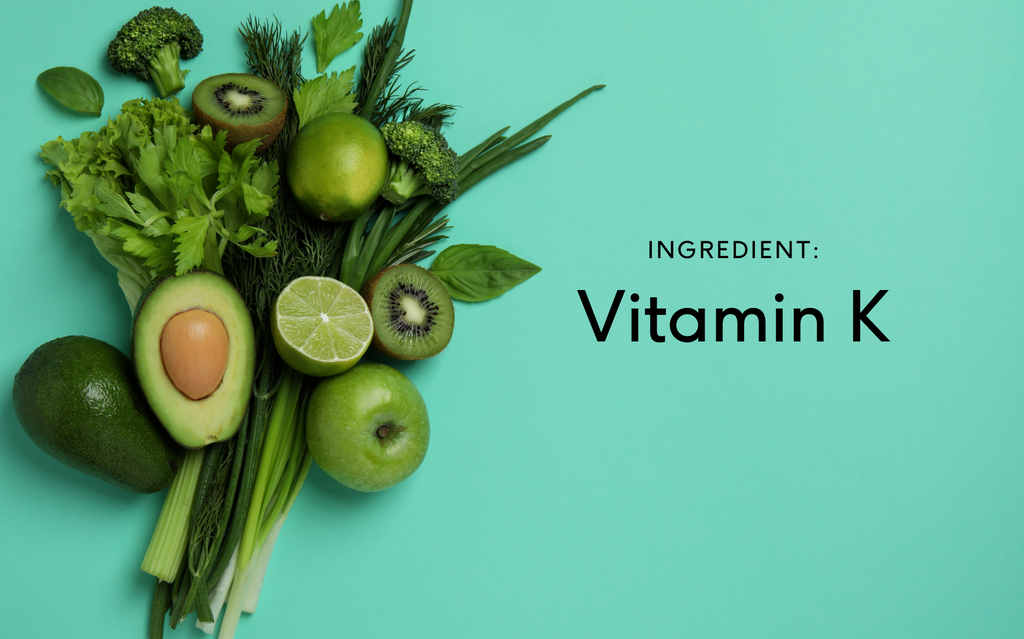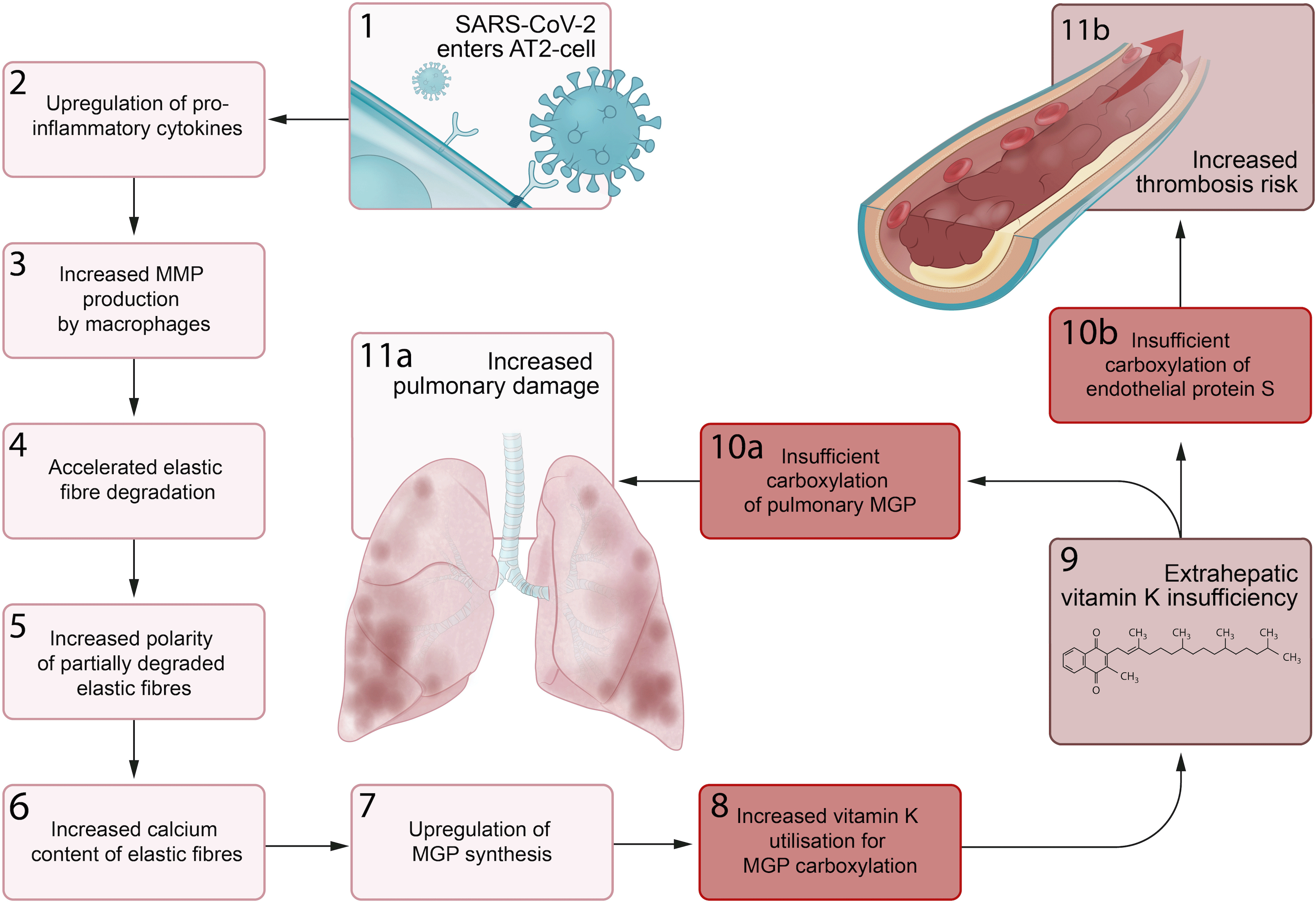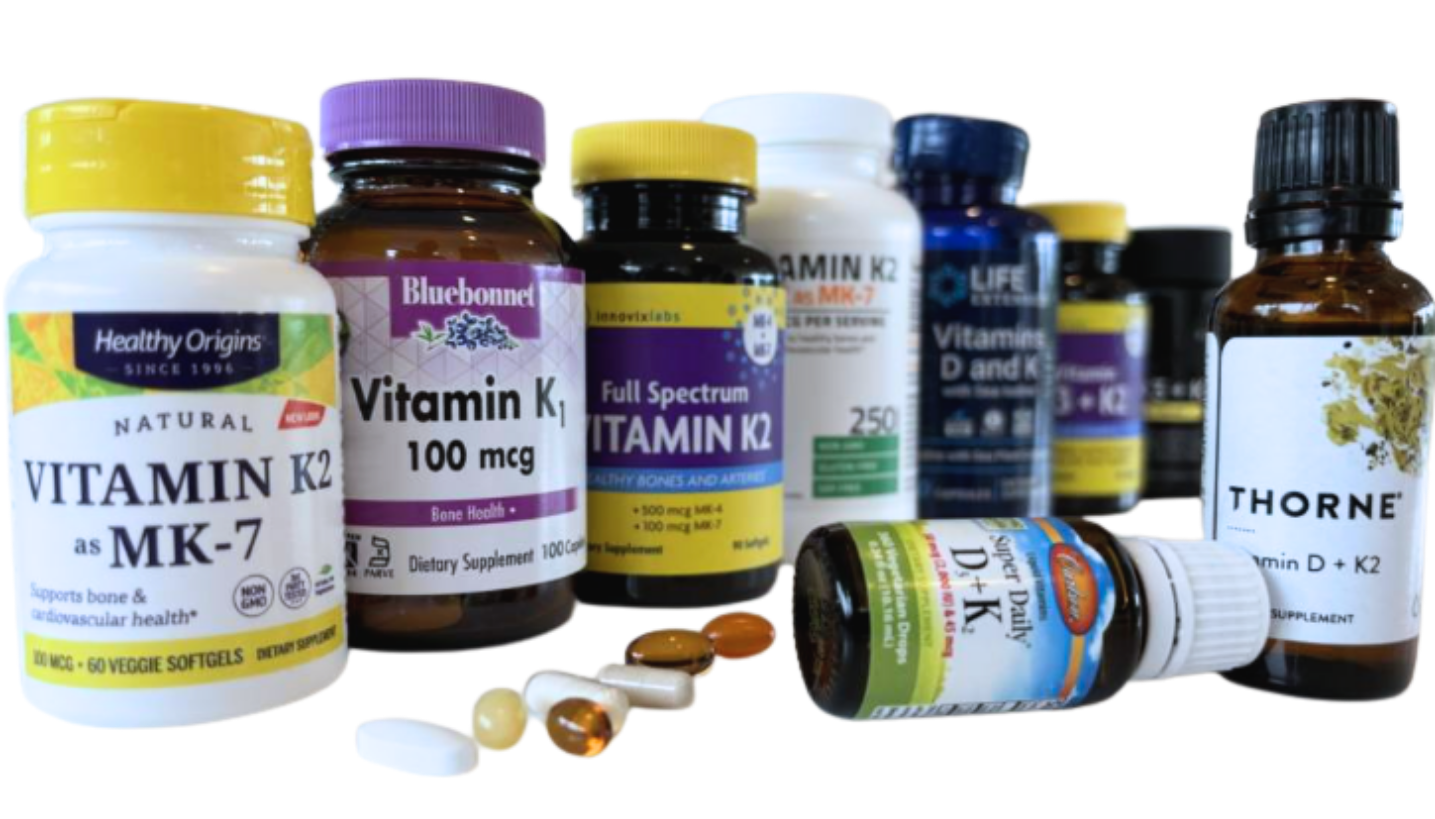


Date: 12 Nov 2025
Vitamin K is an essential fat-soluble vitamin that plays a critical role in blood coagulation, bone metabolism, and the prevention of vascular calcification.
Often overshadowed by more widely known vitamins like Vitamin D or C, Vitamin K deserves serious attention due to its profound effects on cardiovascular and skeletal health.
A deficiency in Vitamin K can lead to life-threatening bleeding disorders and long-term complications such as arterial stiffness and osteoporosis.
Vitamin K exists in two main forms:

Vitamin K is required for the synthesis of prothrombin, a protein essential for blood clotting. Without adequate Vitamin K, the body cannot properly form clots, leading to an increased risk of excessive bleeding, even from minor cuts.
Vitamin K, especially K2, activates proteins that help prevent calcium buildup in blood vessels. These proteins ensure calcium is deposited in the bones, not in arteries. This protective mechanism helps reduce the risk of arterial stiffness, atherosclerosis, and heart disease.
Vitamin K2 supports osteocalcin activation, a protein that helps bind calcium to the bone matrix. Studies have shown that individuals with higher K2 levels have stronger bones and a reduced risk of osteoporotic fractures.
Vitamin K works in tandem with Vitamin D to regulate calcium metabolism. While Vitamin D helps increase calcium absorption, Vitamin K ensures it is properly utilized and directed, minimizing unwanted deposits in soft tissues.
Vitamin K deficiency is uncommon in healthy adults but can occur due to various factors:
In infants, Vitamin K deficiency can result in vitamin K deficiency bleeding (VKDB), which is why newborns often receive a preventive injection at birth.
There is no universal consensus, but general guidelines suggest:

Here are three pharmacy-recommended products formulated to support healthy Vitamin K levels. These supplements provide high bioavailability and are ideal for individuals seeking to optimize blood clotting and bone health.
This supplement offers 100 mcg of menaquinone-7 (MK-7) per capsule, a form of Vitamin K2 known for its extended activity in the bloodstream. It supports bone density, cardiovascular health, and proper calcium distribution throughout the body.
Formulated in vegetarian capsules, this product delivers bioactive Vitamin K2 MK-7, ideal for those on plant-based diets. It assists in the regulation of blood clotting and the prevention of arterial calcification, making it suitable for long-term cardiovascular protection.
Combining Vitamin K1, K2, and Vitamin D3, this complex supports synergistic calcium management for optimal bone and heart health. It is an excellent choice for individuals looking to balance both vitamins simultaneously for enhanced bioefficacy.
While supplements are beneficial, incorporating natural food sources into your diet is equally important.
Vitamin K1-rich foods include:
Vitamin K2 is found in:
Although Vitamin K is generally considered safe, those taking blood-thinning medications such as warfarin should consult their healthcare provider before starting supplementation, as Vitamin K can interfere with medication effects.
For individuals with osteoporosis, cardiovascular concerns, or digestive issues, personalized dosing by a healthcare provider is recommended to ensure safe and effective use.
Q1: Can I get enough Vitamin K from diet alone?
Yes, a balanced diet rich in leafy greens, fermented foods, and animal products can provide sufficient Vitamin K. Supplements are helpful for those with dietary restrictions or absorption issues.
Q2: What happens if I have too much Vitamin K?
Vitamin K toxicity is rare, as the body excretes excess amounts efficiently. However, extremely high doses from supplements should be avoided without medical advice.
Q3: How does Vitamin K interact with blood thinners?
Vitamin K can reduce the effectiveness of anticoagulants like warfarin, so dosage adjustments may be necessary under a doctor’s supervision.
Q4: Is Vitamin K important for children?
Yes, newborns are particularly at risk of VKDB, and a Vitamin K injection is commonly administered at birth to prevent bleeding disorders.
Q5: Does Vitamin K improve bone strength in older adults?
Research indicates that adequate Vitamin K2 intake supports osteocalcin activation, which helps maintain bone density and reduce fracture risk.